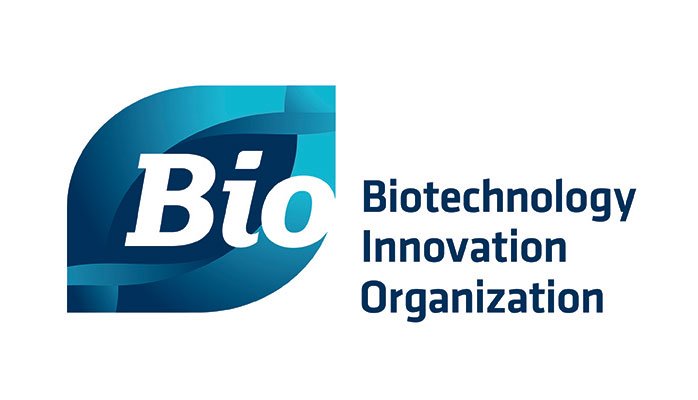Turing ejected from BIO as Daraprim outrage gains momentum

The news that Turing Pharmaceuticals has been kicked out of the US Biotechnology Industry Organisation (BIO) is probably the least of chief executive Martin Shkreli's worries right now, but it serves to mark the end of a week that made him a focal point for public concern about medicine pricing.
BIO said yesterday it would rescind Turing's membership and return its fees as its leadership "does not reflect the commitment to innovation and values that are at the core of BIO's reputation and mission."
Earlier this week, Shkreli retreated from his earlier decision to inflate the price of toxoplasmosis therapy Daraprim by 4,000 per cent, but has now withdrawn from public view and details of the reduction have yet to emerge.
A statement issued by the company yesterday that it would be meeting with patient and physician groups "to better understand their perspective on the balance between cost, reimbursement and much-needed innovation" is starting to look like a delaying tactic.
Meanwhile, the vitriol continues to be flung from all sides at Shkreli, fast becoming notorious as the man who brought self-serving, hedge-fund mentality to the biopharma sector, and attention is now turning to his past actions in the industry.
It quickly emerged that he took a similar tack in a former role as CEO of Retrophin, hiking the price of Thiola (tiopronin), a drug for a painful and incurable childhood illness called cystinuria, from $2 per pill to $42.
Shkreli was thrown out of Retrophin last year for stock irregularities – which he denies – and he is also facing a $75 million lawsuit from the company. Meanwhile, a Newsweek report alleges he is under a criminal investigation over the Retrophin affair.
The only positive that can be taken from the sorry affair is that it has focused attention on price gouging in pharma, and unfortunately seems to have revealed that it is more common than one would hope.
Earlier this week, EP Vantage published a long list of other drugs that have seen dramatic price increases, particularly where no generic is available, with medicines from Valeant, AstraZeneca, GlaxoSmithKline, Bayer/Bristol-Myers Squibb and Pfizer all thrust into the spotlight.
It is important that the Turing scandal does not divert or undermine the need for an urgent progress towards a new pricing mechanism for medicines that is affordable for society but does not deter biopharma companies from investing in innovative new drugs.
That companies charge a premium price for innovative medicines used to treat rare diseases is largely accepted, recognising that they need a return on R&D investment on programmes which would otherwise never be undertaken. Taking money upfront for a promise of R&D in the future is a very different situation.
Related article











